Word origins: déjeuner
Sometimes it’s nice to know where words come from because it can help us to better understand the language. Let’s look at the word “déjeuner”
déjeuner
In 3 Minute French – Course 2, we learnt two words that contain the word “déjeuner”
le petit-déjeuner – the breakfast
le déjeuner – the lunch
There is actually an interesting origin story for the word “déjeuner”. Firstly, it used to be spelt with a circumflex accent over the “u”, so it was “déjeûner", and if we break this spelling of the word up, we get this:
dé + jeûner
The verb “jeûner”, in French, means “to fast”, as in not to eat anything. And if you put “dé" in front of a verb, it means to “undo” whatever that verb is. So, if “jeûner” means “to fast”, then “déjeûner" means “to undo the fast”. And if you think about it, that’s exactly what lunch is; it’s where you eat after not having eaten.
In France, breakfast is not really an important meal of the day; they simply eat a croissant or a small pastry, so “breakfast”, in French, is a “small undoing of the fast” – “petit-déjeuner”
You can imagine that spending the whole night asleep without eating anything is a form of fasting, so when you wake up and have a small bite to eat, you’re breaking the fast in a small way; hence, “petit-déjeuner”. Then, at lunch time, the proper “undoing of the fast” takes place with “déjeuner” or “lunch”
We can also break down the English word “breakfast” and see that it has an almost identical origin story. Literally, you’re “breaking” the “fast” at “breakfast”.
jeûner
So, the verb “jeûner” means “to fast”. Here are a few example sentences using that verb:
les Chrétiens sont censés jeûner pendant le Carême – Christians are supposed to fast during Lent
pour protester contre son traitement, le prisonnier a décidé de jeûner – to protest his treatment, the prisoner decided to fast
il faut jeûner au moins six heures – you have to fast for at least six hours
Get three courses in one bundle, and save money
-

Courses 1, 2 & 3
Get this bundle -

Courses 4, 5 & 6
Get this bundle -

Courses 7, 8 & 9
Get this bundle
Course 2, Building Structures and grammar courses
-

Course 2
Get this course -

Building Structures
Get this course -

Quick Guide
Get this course
All my French courses

Building Structures in French
Quick Guides
French grammar
Essential French grammar - Future | Conditional | Imperfect
All my Spanish courses

Building Structures in Spanish
Quick Guides
Spanish grammar
Essential French grammar - Future | Conditional | Imperfect
All my German courses

Building Structures in German
Quick Guides
German grammar
Essential French grammar - Future | Conditional | Imperfect
All my Italian courses

Building Structures in Italian
Quick Guides
Italian grammar
Essential French grammar - Future | Conditional | Imperfect
All my Portuguese courses

Building Structures in Portuguese
Quick Guides
Portuguese grammar
Essential French grammar - Future | Conditional | Imperfect






